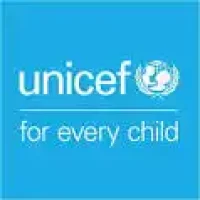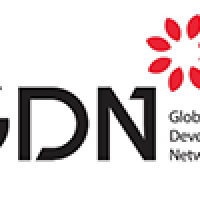UN Women, grounded in the vision of equality enshrined in the Charter of the United Nations, works for the elimination of discrimination against women and girls; the empowerment of women; and the achievement of equality between women and men as partners and beneficiaries of development, human rights, humanitarian action and peace and security.
UN Women provides support to Member States’ efforts and priorities in meeting their gender equality goals and for building effective partnerships with civil society and other relevant actors.
The key policy framework for gender equality, women’s empowerment, and access to justice in Uganda is the National Development Plan III (NDP III), in particular Objective 7 which focuses on ‘Strengthening implementation of human rights. NDP III aligns with the Constitution of 1995 and Uganda’s Vision 2040 focusing on effective public service delivery as an enabling factor for good governance, accountability, social inclusion, and economic growth.
UN Women operationalizes her support to Member States through Flagship Programming Initiatives (FPIs) developed to achieve transformative results for gender equality and women empowerment. The Flagship Programme on Women’s Access to Justice addresses bias and gender discrimination in justice delivery. Eliminating gender discrimination across the justice chain is critical for protecting women’s economic assets, bodily integrity, voice and agency.
The Strengthening Criminal Justice Responses to GBV in Uganda project contributes to the flagship Programme. The project’s implementation begun in December 2024 and is expected to end in November 2027.The project’s goal is to ensure that women and girls who experience violence have increased and timely access to quality essential justice services. The project intends to achieve this through to expected outcomes: 1) Improved disposal of GBV cases in 2 High Court Circuits and Chief magisterial areas of Masaka, Nebbi and Gulu and 2) increased use of available accessible, and quality essential GBV services by women at risk and those experiencing violence.
The overall objective of this exercise is to establish baseline information on all the Project indicators and design a clear monitoring and evaluation (M&E) plan that will guide project tracking. The baseline data will be collected and analyzed at least per indicator of project goal, outcomes and outputs from the Project Document. The baseline will provide progress information on key indicators and serve as a benchmark for assessing the changes expected from the project interventions. Where necessary, the baseline data should also help to review indicator targets to make them achievable and realistic. It should also help to sharpen or revise indicators that may not be measurable within the project timeline.
This baseline study should generate the latest available data prior to the start of the project. The study is expected to cover three high court circuits (Gulu, Nebbi and Masaka). Within the target circuits, data collection should target community members, service providers (Uganda Police, ODPP, Judiciary), relevant government stakeholders and civil society partners.
Description of Responsibilities /Scope of Work
The Lead Consultant is fully accountable to UN Women for this assignment and will manage a support consultant who will be directly contracted by UN Women. The consultant will directly report to the Monitoring and Reporting -Specialist.
Tasks/Expected Outputs:
- Provide technical leadership in development of the baseline inception report, methodology and conducting baseline research.
- Ensure that deliverables meet quality and timeliness expectations
- Conduct data collections at national and High Court Circuit level
- Develop the draft baseline report
- Design and facilitate the baseline report validation workshop with stakeholders
- Incorporate stakeholder feedback into the draft baseline report
- Produce the final baseline report.
- Update the performance monitoring framework











